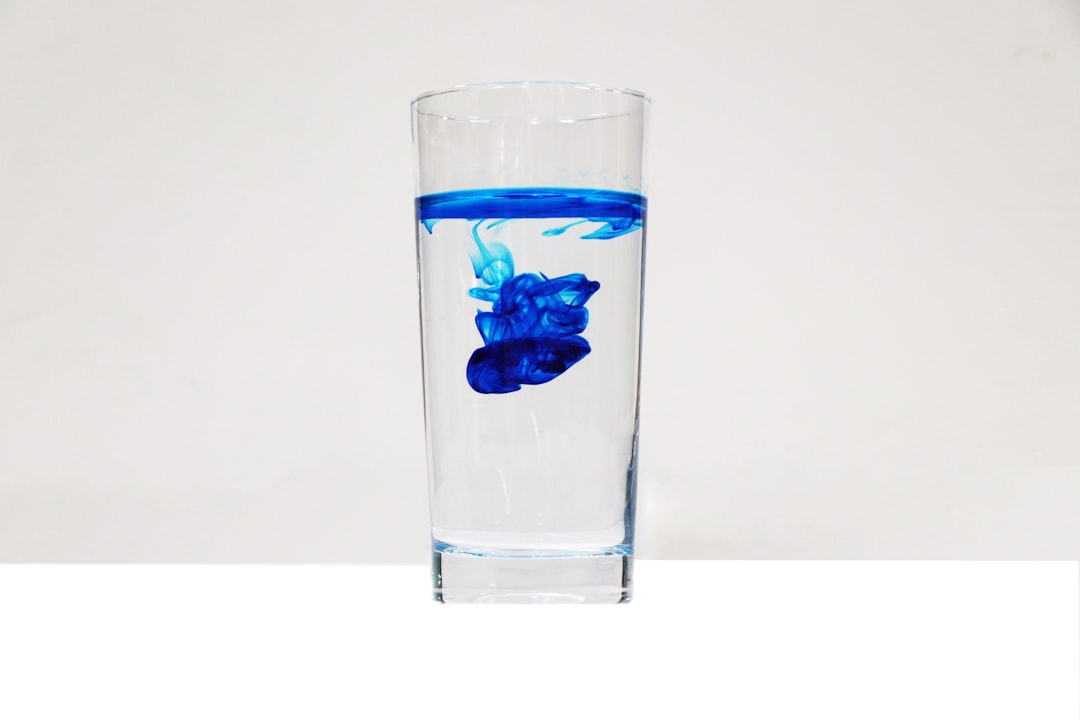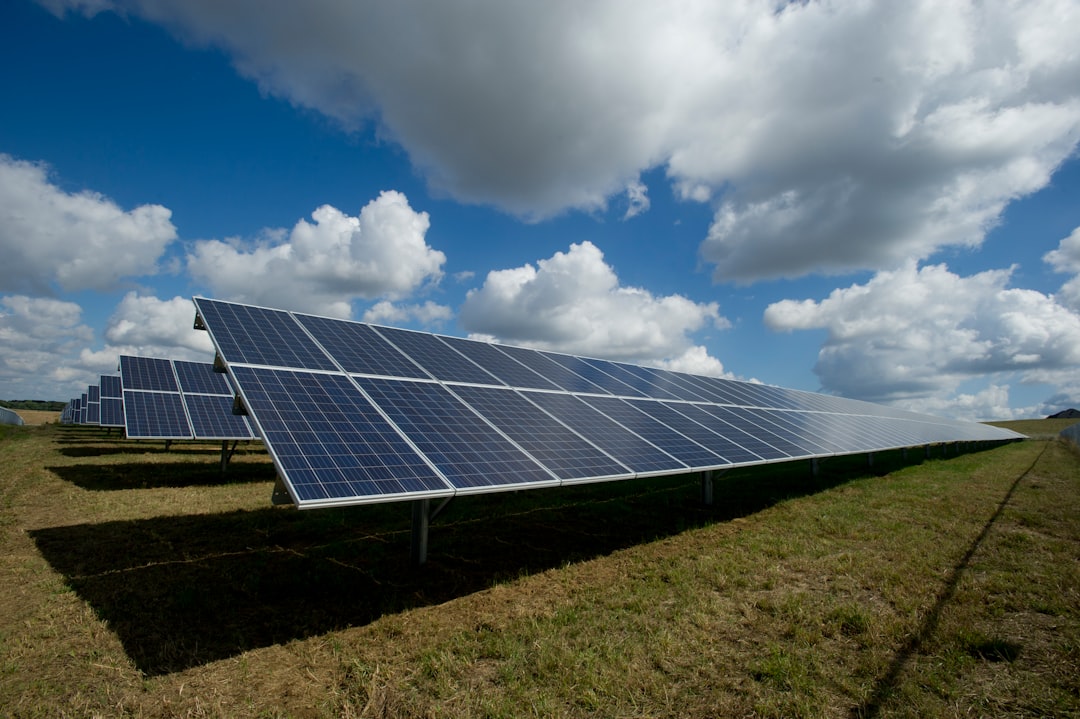What is it about?
Over the decades, there have been several health concerns and debates on the use of tropical oils. Consequently, the acceptability and usage of tropical oils, namely coconut oil, palm oil, and palm kernel oil, are declining. Yet, many studies have recently concluded that these oils are essential with special reference to their unique properties for numerous applications for food and non-food industries. Instead, the bad handling and storage of tropical oils is a major concern that needs to be addressed. Many people store or sell tropical oils under the influence of high-intensity sunlight radiation, which introduces many harmful products that pose a health risk or constraint its usage. In this respect, the focus of this work was to intensively assess the effects of sunlight on tropical oils with different approaches to conducting vigorous research. Generally, the exposure of oils to high-intensity sunlight radiation can induce a phenomenon termed oxidation. Oxidation usually occurs when the fatty acids in oils react with oxygen either found in the oil or from an external source. Additionally, this reaction happens automatically in oils and pose a minor problem since it is a prolonged process. However, the display of these oils to high-intensity sunlight radiation can accelerate the oxidation process and cause spoilage of the oil. This phenomenon is termed photooxidation because sunlight in the form of photons caused the oxidation. The photooxidation causes tropical oils to be less stable against spoilage, reduce their values (economic, nutrition, and market) and lower consumer safety.
Featured Image

Photo by Kelly Sikkema on Unsplash
Why is it important?
This work urged that tropical oils are essential for food and are potential solutions for achieving food security in the future. To meet the ever-increasing world population's requirements, improvement and reassessment of the existing food resources are critical. A typical improvement is an extensive investigation of prolonged exposure of oils to high-sunlight intensity. Therefore, our findings proved that the improper storage and storage of tropical oils under high-intensity sunlight caused the oils to be photooxidized. We performed a real-life experiment of exposing the oils to the sunlight as many sellers or oil processors conventional practice. This procedure was performed scientifically and authentically. The photooxidation was monitored with experimental and quantum simulation. For the first time, a quantum simulation was performed to support the experimental results on tropical oils.
Read the Original
This page is a summary of: Assessing the Effects of Sunlight on the Photooxidation of Tropical Oils with Experimental and Computational Approaches, Journal of the American Oil Chemists Society, March 2021, Wiley,
DOI: 10.1002/aocs.12478.
You can read the full text:
Contributors
The following have contributed to this page










